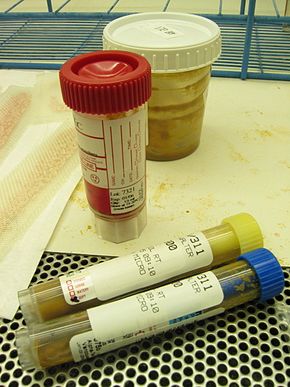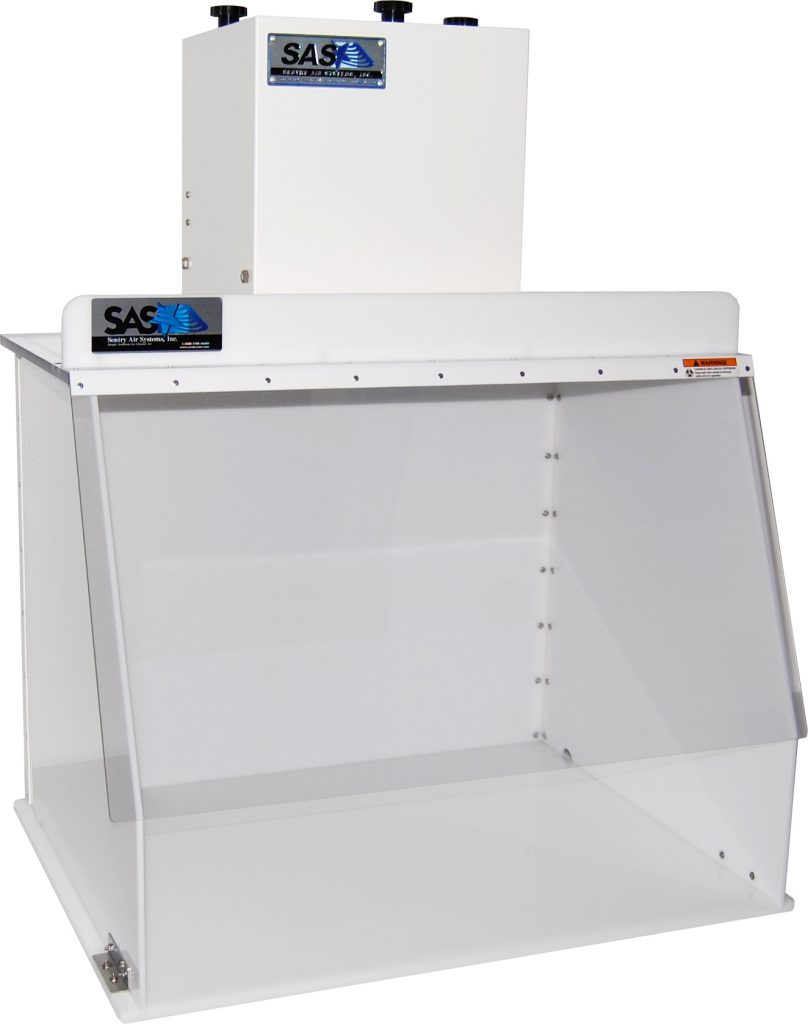
What is Stool Culture?
Stool culture is the process of testing a sample of stool in order to determine whether you have an infection in your lower digestive tract due to pathogenic germs such as bacteria, fungus, viruses, or protozoa. This test is used to identify the various types of bacteria that can cause disease and differ from the normal bacteria in the digest tract, gut flora.
When is Stool Culture Necessary?

Stool Culture Sample (Source)
Unfortunately, pathogenic bacteria can be found in the most common of sources, such as food and drinks, if not handled correctly or not cooked thoroughly enough. Examples of common sources that may carry unhealthy bacteria into your digestive tract are:
- • Raw/ Undercooked Eggs
- • Raw/ Undercooked Poultry
- • Raw/ Undercooked Beef
- • Raw/ Undercooked Seafood
- • Expired Vegetables/ Fruit
- • Untreated water
- • Overindulgence of citrus
- • Artificial sugar
- • Overindulgence of fiber
- • Dairy Product
Stool Culture and Sensitivity Procedures

Stool Samples (Source)
Sensitivity procedures (sensitivity analysis, susceptibility testing, sensitivity testing) are used by medical professionals to dictate the correct antibiotic treatment for an infection, inflammation, or contamination. Due to certain bacteria being resistant to common antibiotics, meaning the prescription can’t kill the bacteria, sensitivity analysis may be ordered to assist the doctor to see if the bacteria causing the infection is resistant to the treatment.
• Susceptible – Bacteria cannot grow if the antibiotic is present and is effective against the infection
• Intermediate – A higher dose of the antibiotic is needed to prevent the growth of the bacteria
• Resistant – Bacteria can grow if the antibiotic is present and is ineffective against the infection
Germs Found in Stool Sample
| Classification | Transmission | |
| E. Coli | Bacteria | Foodborne Illness Contaminated Water |
| Salmonella | Bacteria | Foodborne Illness Handling Reptiles |
| Rotavirus | Virus | Oral Deposit of Contamination Foodborne Illness Contaminated Water |
| Giardia | Parasite | Foodborne Illness Contaminated Water |
| Cryptosporidium | Parasite | Oral Deposit of Contamination Foodborne Illness Contaminated Water |
| Shigella | Bacteria | Contaminated Water Oral Deposit of Contamination Foodborne Illness |
| Yersiniosis | Bacteria | Foodborne Illness |
| Campylobacter | Bacteria | Foodborne Illness |
Safety Protocols for Stool Sample Testing
Lab technicians and medical personnel working with stool specimens often face potential health hazards including, but not limited to, ingestion of bacteria and germs, ingestion of eggs or cyst, infection, penetrated skin by larvae, and various respirable infections and viruses. While these risks carry a wide spectrum of health hazards, they can be minimized by implementing safety precautions and secondary engineering controls; such as:
• Wear PPE – Safety Goggles/ Glasses | Gloves | Laboratory Coat
• *Utilize biological safety cabinets or personalized cleanrooms
• Remove all personal items from the immediate work area
• No eating, drinking, smoking, application of cosmetics, or manipulation of contact lenses or glasses in the work area
• Disinfect and decontaminate work area daily and after any spill or exposure to the surface area or material and tools used
• Before leaving the work area, ensure that all PPE is removed and hands are washed before returning to the regular environment
Stool Culture + Sentry Air
While many hoods present a solution to protect the user from the health hazards from taking a stool sample, our hoods offer the highest level of CFM (cubic feetper minute) in the industry while removing the toxins from the environment through a ductless design.

 Made in the USA
Made in the USA

